Together Against Violence
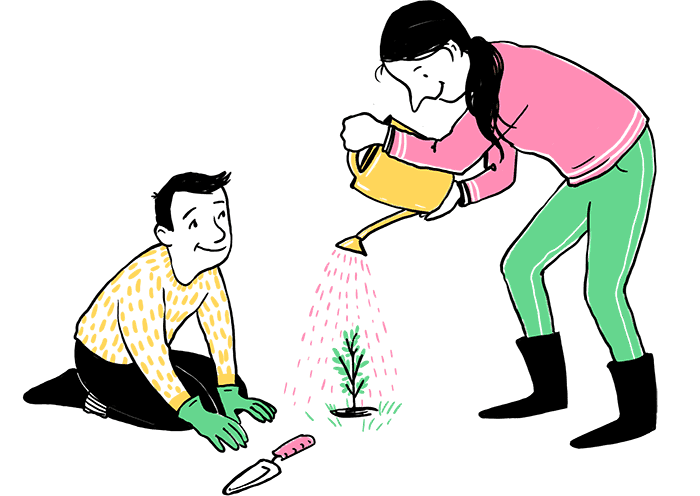
Together Against Violence is a collaborative project between Reykjavík City, Reykjavík Metropolitan Police, The Women's Shelter, Primary Care of the Capital Area and District Commissioner of Greater Reykjavík. This collaboration aims to ensure residents' safety in their homes, provide better services to victims and perpetrators, and improve conditions for children living with domestic abuse.
Assistance for victims of violence
Everyone has the right to assistance, and violence is never the fault of the victim.
If you are or have experienced domestic abuse, or if you know of someone who is in that situation, there is help available.
You can always call 112, and you can also get help from various grassroots organizations or social services.
Assistance for perpetrators
Heimilisfriður, a treatment and knowledge center on intimate partner violence, offers treatment to perpetrators of violence in intimate relationships. Heimilisfriður services are subsidized by the government.
Everyone seeking assistance from Heimilisfriður begins with one-on-one interviews.
It is important that the person concerned accepts the assistance voluntarily.
Violence. Where can I find help? (Easy-to-Read Text)
Violence can be:
Physical violence. Examples include:
- punch
- hit
- kick
Psychological violence. Examples include:
- threaten
- shame
- intimidate
- humiliate
- control
Sexual abuse. Examples include:
- rape
- sexual harassment
An example of sexual harassment is unwanted touching.
You can always call 112
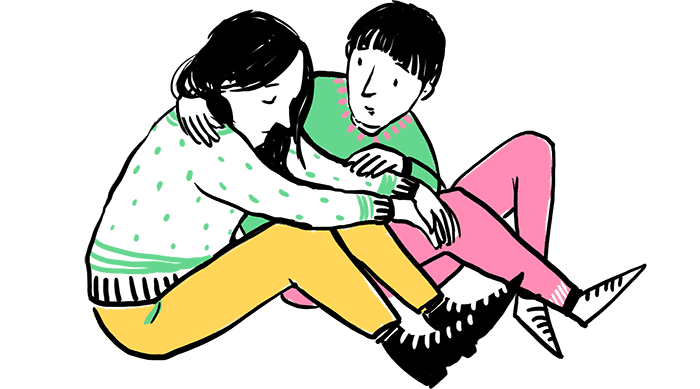
Requesting a divorce through the District Commissioner of Greater Reykjavík
The District Commissioner will conduct an interview with the involved parties regarding their divorce request. During the meeting with a lawyer, the party will confirm their request and receive information about the legal effects of the divorce and any agreements made concerning custody, legal domicile, and child support/maintenance. They will also be informed about available resources for dispute resolution, including mediation. If applicable, a financial settlement agreement will be confirmed during the interview. The interview can take place at the District Commissioner's office or virtually via phone or video call. Individuals can request to be alone during the interview.
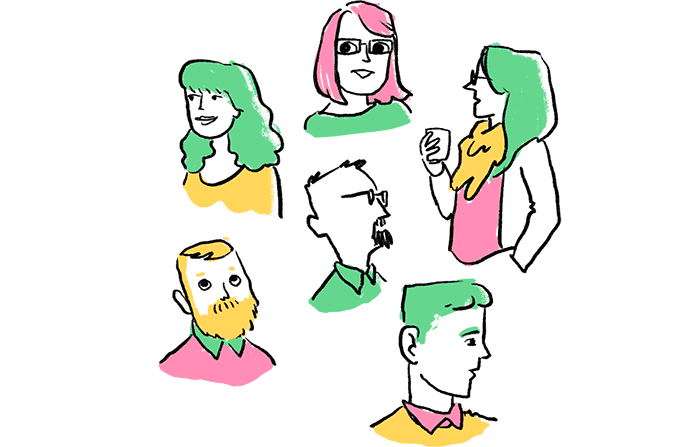
What is violence?
Domestic violence can take many forms. Here are some videos that show domestic violence from a variety of perspectives.
Below is information about its main manifestations.
- Physical violence: E.g. punching, hitting, kicking, pushing.
- Psychological violence: E.g. threaten, shame, intimidate, humiliate, control.
- Sexual abuse: For example, rape or sexual harassment. When people with disabilities are involved, this also applies to activities that a person with disabilities has not/could not accept due to impairment or was coerced into accepting.
- Financial abuse: Funds withheld from people/used inconsistent with an individual's will.
- Material abuse: Property ownership not respected, things destroyed.
- Negligence: Assistance withheld from the person concerned, medication not properly attended to, etc.
- Chase or threaten: Chasing a person and ambushing them against their will - a stalker. Threats of posting nude photos on the Internet – revenge porn.
- Violence involving discrimination: Violence and harassment targeting, for example, the person's origin, gender, race, sexual orientation, gender identity, impairment or other status of the person.
- Digital violence: When technology such as phone, email or social media is used to commit violence. This can include constantly sending messages over the phone, posting nude photos of the person in his/her unwillingness or if the perpetrator sends unsolicited nude photos of themselves.
- Honor-related violence: Violence carried out in the name of "honor".
- Forced marriage: Marriage in which one or both parties are coerced into.
- Female genital mutilation: Partial or total removal of the genitals of a girl or a woman.
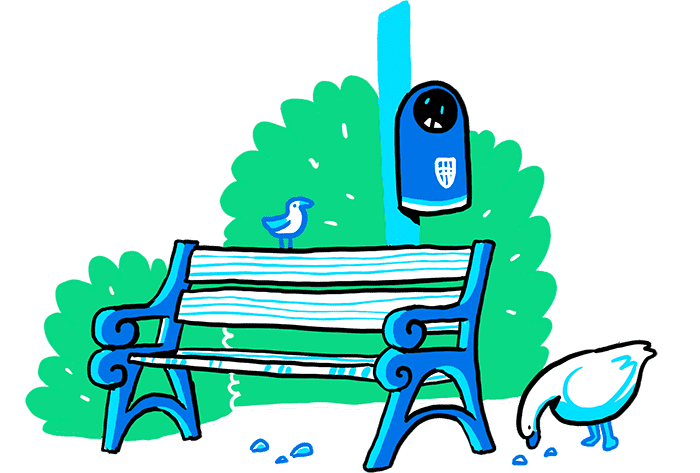
Staff and abuse
Here you'll find information for staff experiencing domestic abuse, including what support is available from their employer. There are also guidelines for coworkers on how to best respond if they notice a colleague is experiencing abuse.
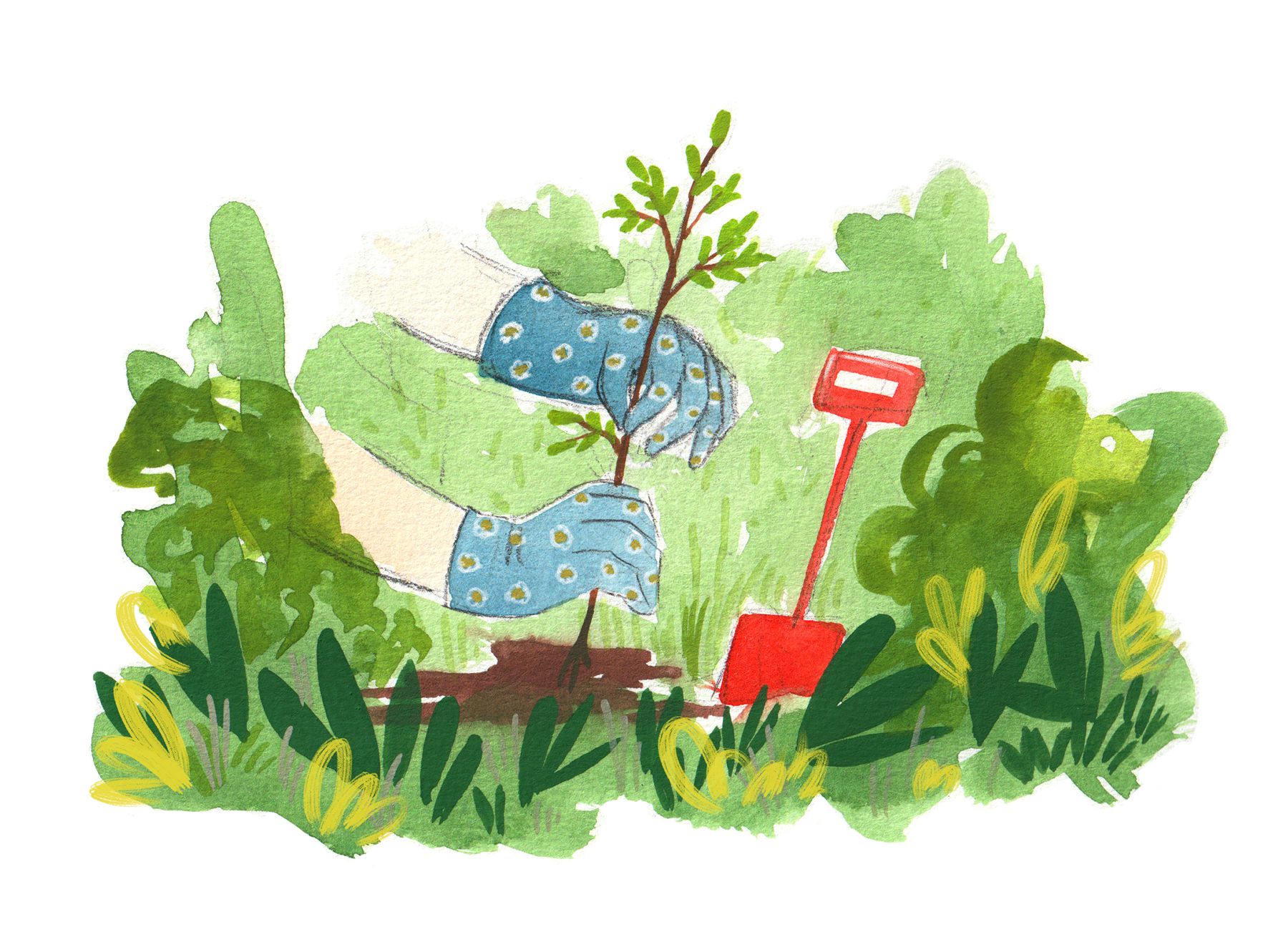
Contact us
You can reach out to Halldóra Dýrleif Gunnarsdóttir, Project Manager for Together Against Violence, if you'd like to learn more.
Human Rights Office
Reykjavík City Hall
Tjarnargata 11, 101 Reykjavík